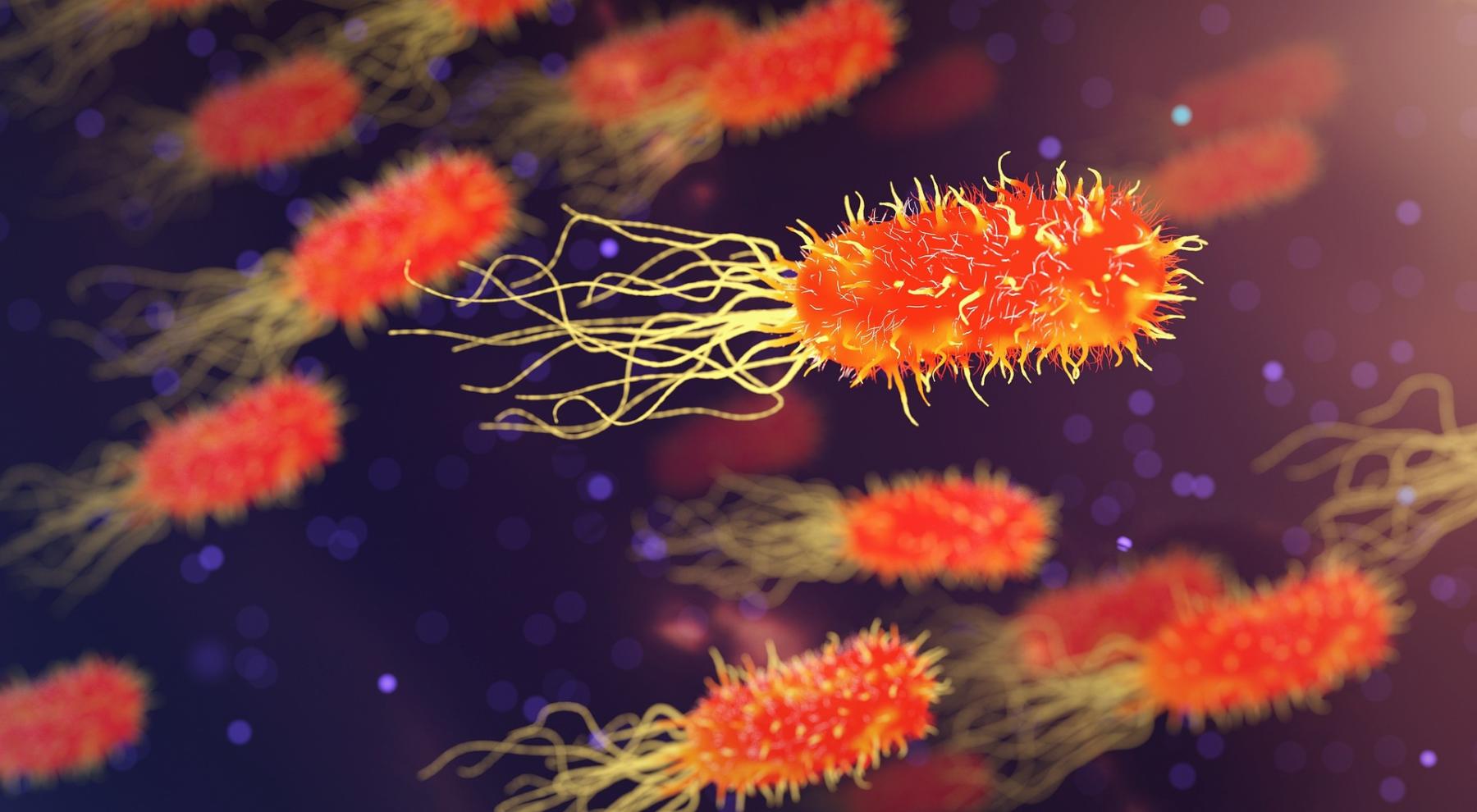
Planarian Regeneration
by Tonya Page
In this engaging lesson, students will explore human regenerative medicines through the planarian's ability to regenerate. Planarians have specials cells that allow themselves to modify and regrow into any kind of cell necessary technically classifying them as immortal if they are continuously dissected and regenerated. Students will learn and explore other animals, including humans, that also have regenerative superpowers. This lesson comes to life when you integrate the novel, "How to Eat Fried Worms" and add hands-on worm dissection and observation.
Lesson Grade Level
3rd GradeLesson Plan Link/URL
https://docs.google.com/presentation/d/1va64p8rtwtXW4s7rv3EHt4uT-tT6Xexd/edit?u…Subject Area
Science Life Science L1: Cells L2: Organisms & Energy Engineering S4: Apply Science to Engineering Mathematics Measurement and Data (MD) The Number System (NS) English Language Arts (ELA) Reading (Literature) Reading (Informational Text) Writing
Featured
On
Related Content

Grades:
Kindergarten, 1st Grade, 2nd Grade, 3rd Grade
Students will participate in a hands-on scientific experiment that addresses the question: "Can you grow plants without seeds?" To further explore this concept, students will actively listen to a read

Grades:
1st Grade
This first grade lesson includes the life cycle and survival of a seed. Students will participate in observing the life cycle of a seed, asking questions, writing about the life cycle, and listening

Grades:
1st Grade
This is session 4 of a 4 session unit on innovative thinking, agricultural engineering, and farm model making. This is the second session of hands-on farm model making. Students will work with a